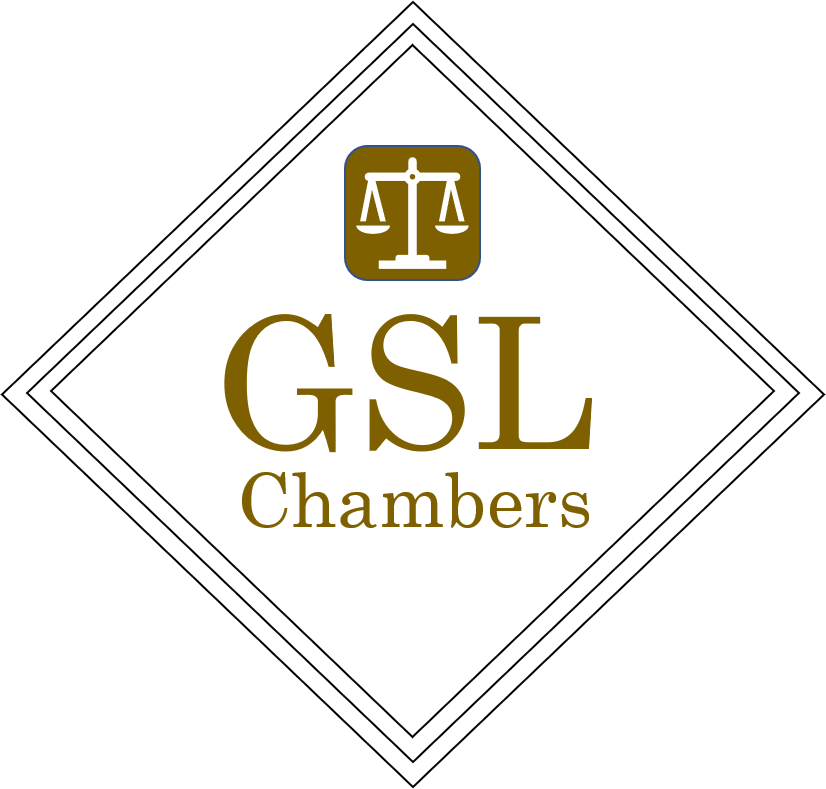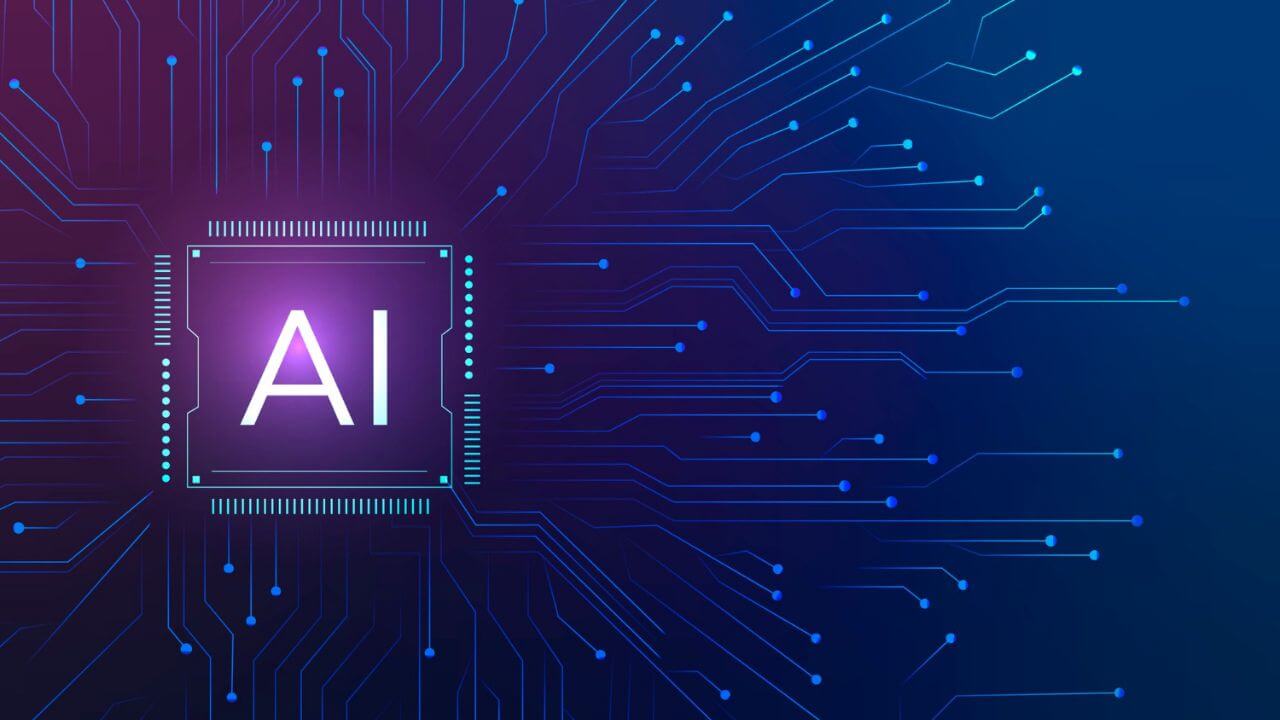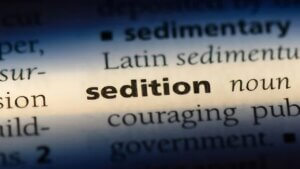Exploring the Impact of Generative AI on Intellectual Property Rights
– Abhinav Shrivastava and Rahika Jalan
Introduction
The remarkable influence of Artificial Intelligence (AI) in the realm of creativity and innovation has been recognized on a global scale. AI has emerged as a powerful force in the creative landscape and has permeated various aspects of Intellectual property rights (IPRs), including copyright, patents, designs, and trade secrets with its ability to compose music, write blogs, novels, poetry, and generate paintings and drawings. However, a critical distinction needs to be made between works created with the assistance of AI by human beings and those generated solely by the AI without any human intervention.
The advent of AI-generated works has triggered a re-evaluation of copyright laws, which traditionally grants protection exclusively to original works produced by human creators. This raises a fundamental question: Do the input prompts provided by humans to AI fall within the realm of “creative interventions” deserving copyright protection?
In exploring the nuances of this issue, it is essential to understand the underlying mechanics of generative AI platforms. Contrary to the notion that AI tools conjure new material effortlessly, these platforms rely on vast data lakes. Through software processing, they analyze billions of parameters, extracting patterns and relationships that are then utilized to create rules and make judgments when responding to prompts.
While this innovative process opens up new realms of creativity, it also introduces legal risks, particularly in terms of intellectual property infringement. Furthermore, crucial legal questions remain unresolved. For instance, does copyright, patent, or trademark infringement apply to AI-generated creations? Additionally, determining ownership rights over the content produced by generative AI platforms poses a significant challenge.
The question of whether works generated by generative AI with or without human intervention should be entitled to copyright protection is multifaceted and intricate. In the following sections, we will delve deeper into the legal and ethical dimensions of this issue, examining the implications for both creators and society as a whole. By shedding light on these complexities, we aim to provide a comprehensive understanding of the copyright challenges posed by the rise of generative AI and stimulate further discourse in this evolving field.
Where Generative AI fits into today’s legal landscape
Within the legal landscape, two principal approaches emerge regarding the treatment of generative AI in relation to copyright. One approach denies copyright protection altogether, while the other attributes authorship to the creator of the machine.
The first approach is predominantly followed in much of the Western world. For example, in the United States, the Copyright Office states that it will only register an original work of authorship if it was created by a human being.[1] Similarly, the European Court of Justice, in a significant ruling – C-5/08 Infopaq International A/S v. Danske Dagbaldes Forening,[2] established that copyright protection applies solely to original works reflecting the “author’s own intellectual creation.” Legal experts have interpreted this to imply that a human author is a prerequisite for the existence of a copyright work.
Conversely, certain jurisdictions, including India, have adopted the second approach. Under Section 2(d)(vi) of the Indian Copyright Act, an ‘author’ means “in relation to any literary, dramatic, musical or artistic work which is computer generated, the person who causes the work to be created”.[3] However, the implementation of this definition remains unclear in India. In a notable case in 2020, the Indian Copyright Office rejected an application[4] that listed AI (RAGHAV) as the sole author of an artwork. Subsequently, the Copyright Office granted an application where a natural person and AI (RAGHAV) were named as co-authors, but shortly thereafter issued a withdrawal notice. The applicant has challenged the withdrawal notice, and the appeal is currently pending a decision.
In addition to this, certain fundamental issues remain unaddressed, particularly in the Indian context. One such issue is whether the law recognizes the creator of the AI program or its user as the individual who “causes the work to be created.”
Can copyright be granted to AI-Generated works?
The question of whether AI-generated works can be subject to copyright protection varies depending on the jurisdiction. In the United States, works created solely by a machine do not qualify for copyright protection. However, in cases where substantial human input can be demonstrated, copyright may be a possibility.
Turning to India, the Copyright Act of 1957 was amended in 1994 to address the creation of literary, dramatic, musical, or artistic works by computers. Section 2(d)(vi) was introduced to define the authors of such “computer-generated works” as “the person
who causes the work to be created.” The fate of authorship vested in AI hinges on the interpretation of the term “person” within this definition.
In the Indian legal landscape, the judgment of the High Court of Delhi in the case of Rupendra Kashyap v. Jiwan Publishing House Pvt. Ltd.[1] illustrates a traditional approach. The court ruled that the Central Board of Secondary Education (CBSE), as an artificial person, cannot claim copyright unless it can prove the engagement of individuals in preparing the question papers. Thus, according to Indian copyright law, only a natural person can claim authorship. This position was reaffirmed in the case of Tech Plus Media Private Ltd. v. Jyoti Janda,[2] where the court held that authorship cannot reside in a juristic person, even if it is the copyright owner.
This interpretation was upheld by the High Court of Delhi in 2019 in the case of Navigators Logistics Ltd. v. Kashif Qureshi & Ors.[3] The court rejected a copyright claim over a list compiled by a computer, citing the lack of human intervention. Therefore, the situation in India aligns with the approach in the United States, where AI cannot be granted sole authorship.
However, recognizing the value of AI in the developmental process, the Government of India has taken initiatives such as the ‘AI for All’ policy and the establishment of the Artificial Intelligence Task Force to harness AI’s potential for societal and economic transformation.[4]
Consequently, it is the need of the hour to re-evaluate the IPR framework to ensure that the law keeps pace with such advancements. This may involve revamping Indian copyright law to acknowledge AI as authors. A legal framework aiming to grant authorship (either wholly or partially) to AI must address these and other related questions to provide clarity and guidance.
Can copyright-protected data be used to train AI models?
Another one of the most pressing concerns in the realm of AI and copyright revolves around the use of data to train these models. Typically, AI systems are trained on vast amounts of content sourced from the web, encompassing text, code, and imagery.
AI researchers, startups, and tech giants often justify their use of such copyrighted material by invoking the fair use doctrine, particularly in the United States. Fair use aims to encourage the utilization of copyright-protected works to promote freedom of expression. However, navigating the territory between fair use and unfair use poses
numerous challenges. Various factors, including the nature of input, purpose, and output, can influence legal rulings in different directions.
In India, the Copyright Act of 1957 provides a list of standard exceptions or defences to copyright infringement in Section 52. However, granting ownership of intellectual property to AI entities may lead to potential copyright violations as existing laws may not adequately address such infringements since Section 51 of the Copyright Act specifically identifies “person” as the infringing party.[1]
Determining fair use is a complex matter that involves both legal and factual considerations, relying heavily on the specific circumstances of each case. The issue becomes particularly convoluted when it comes to AI, as there is currently no established legal precedent recognizing the use of copyrighted data for AI training as fair use. This uncertainty has significant implications for the training process of AI models. If courts rule that copyrighted material cannot be used for training large-scale AI models, it would greatly impact the development and functionality of these models. Conversely, if the courts determine that these models can be trained on any data, whether copyrighted or not, it could have far-reaching consequences for individuals who own images or other content used in the training process.[2]
Navigating the intersection of copyright and AI training requires a careful examination of existing legal frameworks, evolving case law, and the need for comprehensive guidelines. The absence of clear precedents underscores the importance of addressing these issues to provide clarity and guidance for the future.
Conclusion – Forging a Path Ahead
The collision between technology and copyright law is not a new phenomenon. Notably, Google, for example, successfully defended itself by arguing that transformative use justified the scraping of text from books for its search engine, establishing a significant legal precedent.
Looking ahead, it is imperative that the AI developers ensure compliance with the law regarding data acquisition for training their models. This entails licensing and compensating the IP owners whose data is incorporated into the training process, either through direct licensing or revenue sharing. Proactive steps should be taken to source data responsibly, while also ensuring transparency and maintaining the provenance of AI-generated content. The recommendation that emerges prominently is the need to license the data and provide appropriate compensation to creators.[1]
In line with the Information Technology (Intermediary Guidelines and Digital Media Ethics Code) Rules of 2021 which requires designation of compliance officers and regular reporting, the AI domain could implement a comparable approach. AI firms could be mandated to appoint compliance officers responsible for overseeing and enforcing copyright protection, conducting audits, and obtaining explicit permission from owners before using their works for AI training programs. This approach would strike a balance between protecting copyright owners’ rights and fostering the growth and advancement of AI research.
For countries like India, with a significant and rapidly expanding user base for AI tools, proactive measures and regulations are crucial to address the complexities arising from the integration of AI in the creative field. Such measures should aim to safeguard the interests of human artists while embracing the potential of AI. Achieving a delicate equilibrium between preserving human creativity and promoting the growth of AI in the creative sector is paramount for the successful integration of this potentially transformative technology. By adeptly navigating the complexities of legal, ethical, and regulatory challenges, society can harness the power of generative AI while upholding the principles of intellectual property and fostering innovation.
[1]U.S Copyright Office available at https://www.copyright.gov/comp3/chap300/ch300-copyrightable- authorship.pdf.
[2] Infopaq International A/S v. Danske Dagbaldes Forening, [2009] C-5/08.
[3] The Copyright Act, 1957.
[4] ROC No. A-135120/2020, E-Register, Data of Copyright Office, India.
[5] 1993 SCC OnLine Del 660.
[6] 2014 SCC OnLine Del 1819.
[7] 2018 SCC OnLine Del 11321.
[8] ILI Law Review, ‘Artificial Intelligence and Copyright: Issues and Challenges’ by V. K. Ahuja.
[9] Supra note 6.
[10] The Leaflet, ‘Generative AI and the Copyright Conundrum’ by Shlok Sharma.
[11] Harvard Business Review, ‘Generative AI Has an Intellectual Property Problem’ by Gil Appel, Juliana Neelbauer & David A. Schweidel.
** Abhinav Shrivastava is a Co-Founding Partner of GSL Chambers. Radhika Jalan is an Associate at GSL Chambers.




